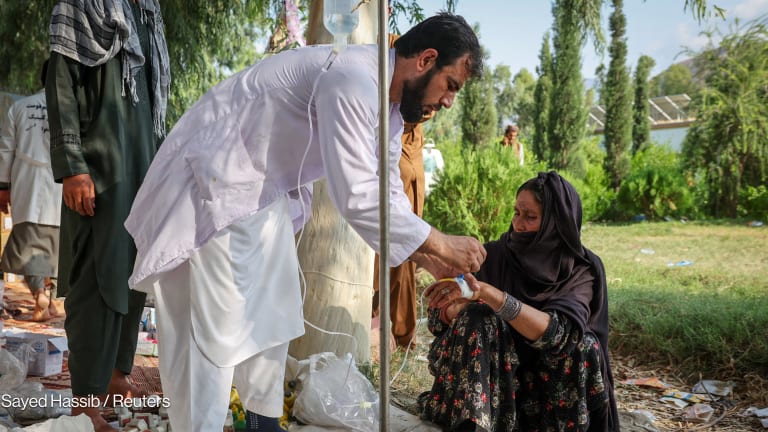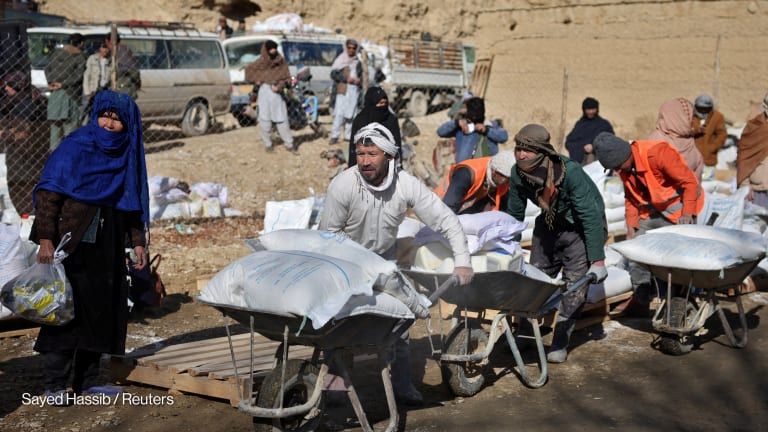An international humanitarian agency reiterated the call for long-term investments — specifically to support pastoralists — toward attaining food security in the Horn of Africa. This, rather than food aid, is key in avoiding future drought emergencies.
According to the International Federation of Red Cross and Red Crescent Societies representative Alexander Matheou, while many lives have been saved throughout the years by the IFRC’s response to drought emergencies, such response “will not break the cycle of drought.” But by helping communities become more resilient, he said, natural hazards can be prevented from becoming a human catastrophe.
Investments in long-term solutions have been proven to have huge payback. An IFRC report cites that a $235,000 investment in a northeast Kenyan community created 33 farms and provided long-term food security for almost 10,000 people. In comparison, the same money spent on food aid would have given a partial food ration for six months to only 1,250 people. When the food ration ended, the people would still be at risk.
The IFRC therefore urged that much of the funding being sent to the Horn of Africa now should be invested in long-term solutions.
“In two or three years there’ll be another drought. Again 3 or 4 million Kenyans could suffer. Again we will mobilize to save lives,” said Kenya Red Cross Secretary General Abbas Gullet. “But Kenya can and should be feeding itself. The disaster zone you see today could be a Kenyan bread basket. Enough of food aid. What we want is food security.”
Meanwhile, in the U.S. Congress, Democratic Congressman Donald M. Payne urged his colleagues to “defeat” the “misguided” bill proposing to slash 50 percent of U.S. funding to the United Nations. This, he said, will potentially restrict funding to key U.N. humanitarian agencies, which are carrying out vital emergency relief in the Horn of Africa.
“The UN’s humanitarian efforts in the Horn are not only saving lives—they are also saving American taxpayers money,” said Payne. “A significant portion of the U.S. response is provided through U.N. agencies, and by leveraging the financial resources of other UN Member States we are able to maximize our impact on the ground.”
“Given the numerous challenges the U.S. and its international partners face around the globe, now is not the time to sacrifice American leadership by slashing funding to the U.N.,” Payne said.
Read more:
FAO’s Food-for-Work Program Helps Build Resilience of Kenyan Farmers
Looming US Aid Cuts to Compound Somalia’s ‘Aid Drought,’ Will Undercut Food Security Programs
In Somalia, Aid Work Continues In Aftermath of Deadly Al-Shabab Attack
Read more development aid news online, and subscribe to The Development Newswire to receive top international development headlines from the world’s leading donors, news sources and opinion leaders — emailed to you FREE every business day.








